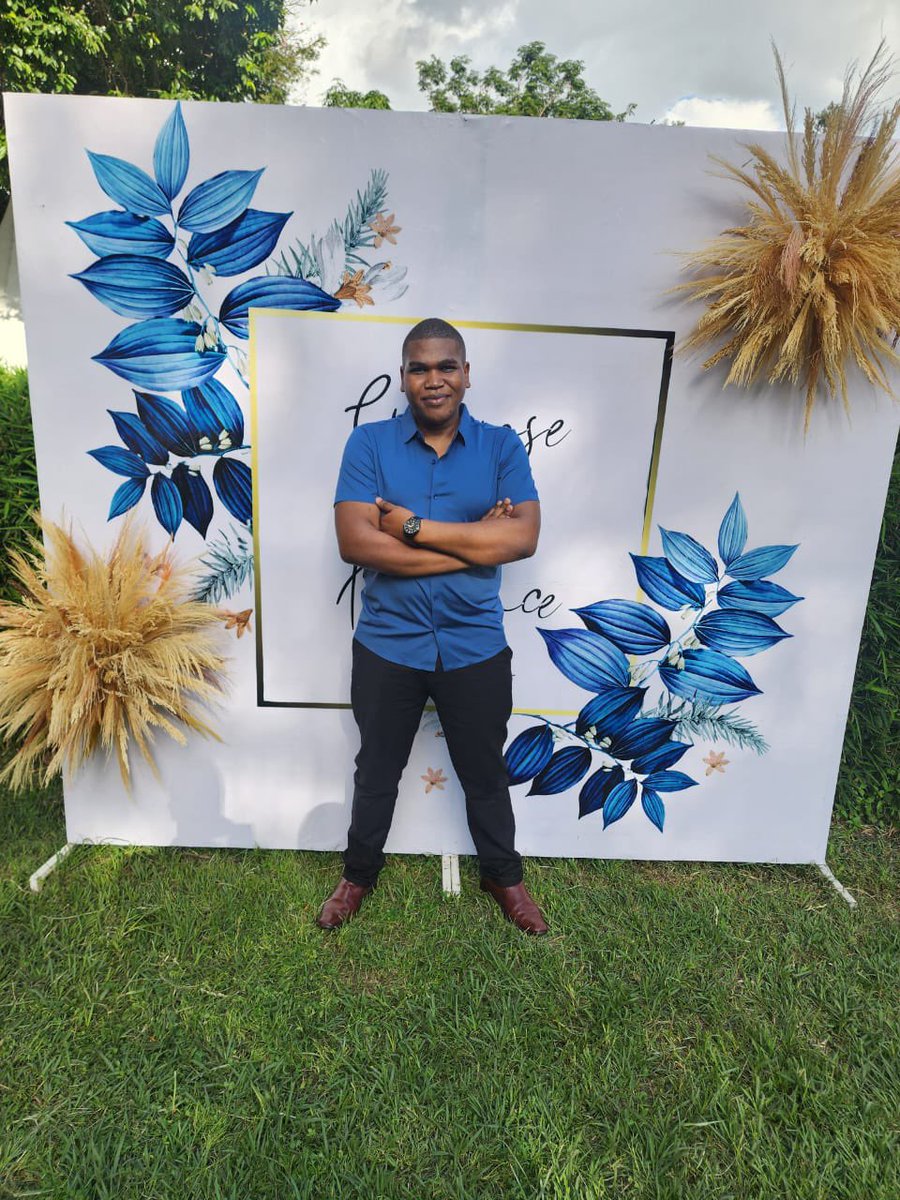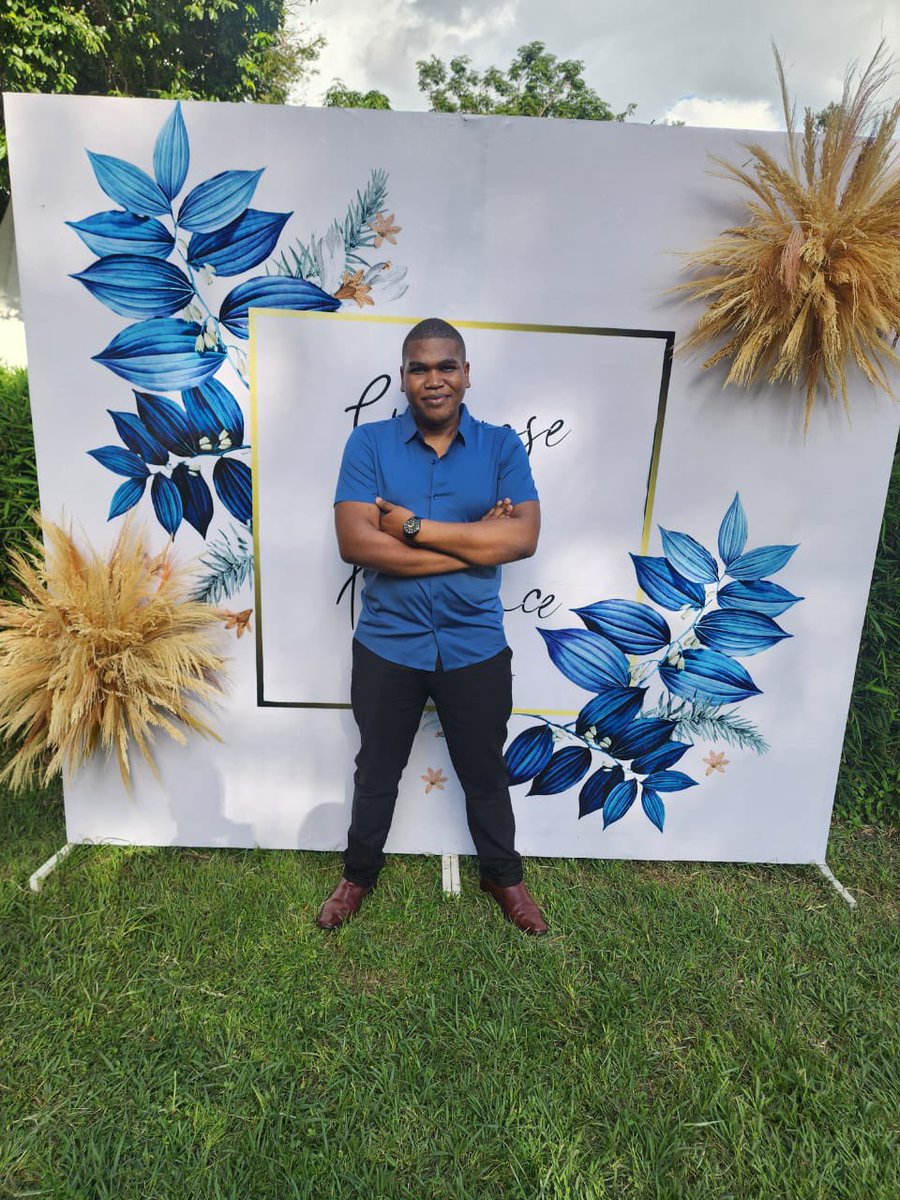Breaking: Influencer Arrested for Criticizing DIG Eliud Langat!
Influencer Arrested Over Criticism of DIG Eliud Langat
In a significant development, social media influencer Kelvin Moinde has been arrested due to posts criticizing Deputy Inspector General (DIG) Eliud Langat. This incident has raised eyebrows and sparked discussions about freedom of expression and the role of law enforcement in handling dissenting voices in Kenya. Kelvin Moinde was apprehended by officers from the Directorate of Criminal Investigations (DCI) in Kisii and subsequently transported to Nairobi, where he is currently being held at Kamukunji police Station.
Background of the Incident
The arrest of Kelvin Moinde is part of a broader trend where individuals have faced legal repercussions for their online expressions, particularly those that challenge or criticize government officials or law enforcement agencies. Moinde’s posts, which likely contained critiques of DIG Eliud Langat’s actions or policies, have been viewed as crossing a line that authorities are keen to enforce. This incident has reignited debates surrounding the balance between maintaining public order and protecting individual rights to free speech.
Freedom of Expression in Kenya
Kenya, like many nations, grapples with the complexities of freedom of expression. While the Kenyan Constitution guarantees this right, the interpretation and enforcement can vary, especially when it comes to posts made on social media platforms. Influencers and regular citizens alike have found themselves in legal trouble for voicing opinions that are perceived as unfavorable to the government or its officials. The arrest of Moinde serves as a reminder of the risks that come with vocal dissent in a digital age.
Social Media’s Role in Modern Activism
Social media has become a powerful tool for activism, allowing individuals to voice their opinions and mobilize support for various causes. Influencers, in particular, have a significant following and can impact public opinion through their platforms. However, this power can also attract scrutiny from authorities, as seen in the case of Kelvin Moinde. The incident underscores the necessity for influencers to navigate their roles carefully, balancing their freedom to express opinions with the potential consequences of their words.
- YOU MAY ALSO LIKE TO WATCH THIS TRENDING STORY ON YOUTUBE. Waverly Hills Hospital's Horror Story: The Most Haunted Room 502
Public Reaction and Implications
The news of Moinde’s arrest has prompted mixed reactions from the public. Supporters of freedom of expression argue that such actions by law enforcement stifle dissent and create a culture of fear among citizens. Others may view the arrest as a necessary measure to maintain order and accountability among public figures. This divergence in opinion highlights the ongoing struggle in Kenya regarding the boundaries of acceptable discourse, especially in the digital space.
The Role of Influencers in Society
Influencers like Kelvin Moinde play a crucial role in shaping societal narratives, especially among younger audiences who are more engaged on social media platforms. Their ability to influence public sentiment means that their words carry weight, but it also places them under scrutiny. As influencers continue to rise in prominence, the need for clear guidelines on acceptable discourse becomes increasingly important. This incident raises questions about the responsibilities of influencers and the ethical considerations they must navigate when expressing their views.
Legal Framework Surrounding Online Speech
The legal framework governing online speech in Kenya is complex and often ambiguous. Laws regarding defamation, hate speech, and incitement can be interpreted in various ways, leading to potential overreach by authorities. The arrest of Kelvin Moinde could set a precedent for future cases involving online expression. Legal experts and civil rights advocates are likely to watch this situation closely, as it may influence how similar cases are handled in the future.
The Future of Online Activism
As the digital landscape continues to evolve, the future of online activism remains uncertain. The balance between freedom of expression and legal repercussions is delicate, and cases like that of Kelvin Moinde can have lasting implications for activists and influencers alike. Advocates for free speech may call for reforms to ensure that individuals can express their opinions without fear of arrest or persecution, while authorities may push for stricter regulations to curb what they perceive as harmful speech.
Conclusion
The arrest of influencer Kelvin Moinde for criticizing DIG Eliud Langat is a significant event that highlights ongoing tensions between freedom of expression and law enforcement in Kenya. As society grapples with the implications of this incident, it serves as a reminder of the power of social media and the responsibilities that come with it. The situation raises critical questions about the future of online activism, the role of influencers in shaping public discourse, and the legal frameworks that govern speech in the digital age.
In summary, the ongoing discourse surrounding Moinde’s arrest reflects broader societal issues regarding free speech and the regulation of online expression. As discussions continue, it is essential for both authorities and citizens to engage in dialogue that respects individual rights while considering the need for public order. The path forward will undoubtedly require careful navigation of these complex issues, as influencers and activists continue to play pivotal roles in shaping the narrative in Kenya and beyond.

Breaking: Another influencer arrested over posts criticizing DIG Eliud Langat is now being held at Kamukunji Police Station.
His name is Kelvin Moinde, picked up in Kisii by DCI officers and quietly transported to Nairobi. pic.twitter.com/oB9uLHWJL0
— Cyprian, Is Nyakundi (@C_NyaKundiH) June 8, 2025
Breaking: Another Influencer Arrested Over Posts Criticizing DIG Eliud Langat
Social media has become a powerful platform for expression, but it also comes with risks, especially for those who choose to criticize authority. Recently, we witnessed another notable incident involving an influencer, Kelvin Moinde, who was arrested for his posts criticizing Deputy Inspector General (DIG) Eliud Langat. This incident raises a lot of questions about freedom of speech, the role of influencers, and the consequences of speaking out.
Who is Kelvin Moinde?
Kelvin Moinde is not just any influencer; he has built a significant following by engaging with his audience on various issues, from social justice to political commentary. His recent posts aimed at DIG Eliud Langat caught the attention of authorities, leading to his arrest. Moinde was reportedly picked up in Kisii by DCI officers and transported quietly to Nairobi, where he is currently being held at Kamukunji Police Station. This event has sparked discussions across social media platforms about the implications of such arrests for freedom of expression.
The Context of the Arrest
Understanding the context behind Kelvin Moinde’s arrest is crucial. In recent years, we’ve seen a growing tension between the government and social media influencers, especially those who dare to criticize officials. The Kenyan government has been increasingly wary of outspoken individuals who use platforms like Twitter and Instagram to voice dissent. The arrest of Moinde serves as a reminder that while the internet offers a space for free expression, it can also lead to severe repercussions for those who cross certain lines.
This situation isn’t an isolated incident. In various countries, including Kenya, we’ve seen similar circumstances arise, where individuals faced legal challenges for their online opinions. This can create a chilling effect, discouraging others from sharing their thoughts or criticizing authority figures.
The Impact of Social Media on Politics
The rise of social media has dramatically changed the political landscape. Influencers like Kelvin Moinde have the ability to mobilize public opinion and hold leaders accountable. With just a tweet or an Instagram post, they can reach thousands, if not millions, of followers. This power can be both beneficial and dangerous, depending on how it’s wielded. While it empowers citizens to speak out and engage in political discourse, it also places them in the crosshairs of those in power who may not appreciate criticism.
In Moinde’s case, his posts criticizing DIG Eliud Langat did not go unnoticed, leading to his arrest. This incident serves as a wake-up call for influencers everywhere about the potential risks involved in their online activities. As more people turn to social media to express their views, the question remains: how far can one go before facing consequences?
The Role of DCI Officers in Influencer Arrests
The Directorate of Criminal Investigations (DCI) plays a significant role in enforcing laws related to online conduct in Kenya. Their involvement in Moinde’s arrest reflects a broader trend of using law enforcement to manage the narrative around public figures and social media influencers. It raises important questions about the balance between maintaining public order and protecting individual rights.
The DCI’s actions are often seen as a means to instill fear among those who might consider criticizing government officials. While they argue that such measures are necessary for maintaining law and order, critics contend that these actions threaten democratic principles and stifle free speech. The case of Kelvin Moinde highlights the tension between authority and individual rights in the digital age.
The Public Reaction
The public’s reaction to Kelvin Moinde’s arrest has been overwhelmingly mixed. Many of his supporters have taken to social media to express their outrage, arguing that his arrest is an attack on free speech. Hashtags supporting Moinde began trending shortly after the news broke, with many users sharing their thoughts on the implications of his arrest.
On the flip side, there are those who believe that influencers should be held accountable for what they say online, especially if their comments can incite unrest or challenge authority. This division illustrates the complexity of the situation, as the lines between free speech and responsible communication continue to blur.
What Does This Mean for Influencers?
Kelvin Moinde’s arrest serves as a critical reminder for influencers navigating the complex world of social media. It emphasizes the importance of being aware of the potential consequences of their words. While influencers have a platform to share their opinions and engage with their audience, they must also consider the legal ramifications that can arise from their posts.
As the digital landscape continues to evolve, influencers must find a balance between expressing their views and ensuring their safety. It might mean being more cautious with the content they post or becoming more informed about the legal boundaries of free speech in their respective countries.
Future Implications for Free Speech
The case of Kelvin Moinde is likely to have lasting implications for free speech and the role of influencers in society. As more individuals begin to voice their opinions online, the government’s response to dissent will become increasingly scrutinized. This situation has sparked a broader conversation about the need for protective measures for individuals expressing their views, especially in countries where free speech is at risk.
The dialogue around Moinde’s arrest could lead to a push for reforms that better protect individuals’ rights to express their opinions without fear of retribution. Advocates for free speech argue that it’s crucial to foster an environment where individuals can engage in political discourse without facing legal consequences.
Conclusion
The arrest of Kelvin Moinde over his posts criticizing DIG Eliud Langat has sparked considerable debate around freedom of expression, the responsibilities of influencers, and the role of law enforcement in managing online discourse. As society grapples with these issues, it’s essential to continue the conversation about the importance of protecting individual rights while ensuring that public discourse remains vibrant and accountable.
The world of social media is constantly evolving, and with it comes the potential for change. As influencers navigate this landscape, they must remain vigilant, aware of the power they wield while also understanding the responsibilities that come with it. The case of Kelvin Moinde serves as a stark reminder of the challenges that lie ahead for influencers and the broader implications for free speech in the digital age.

